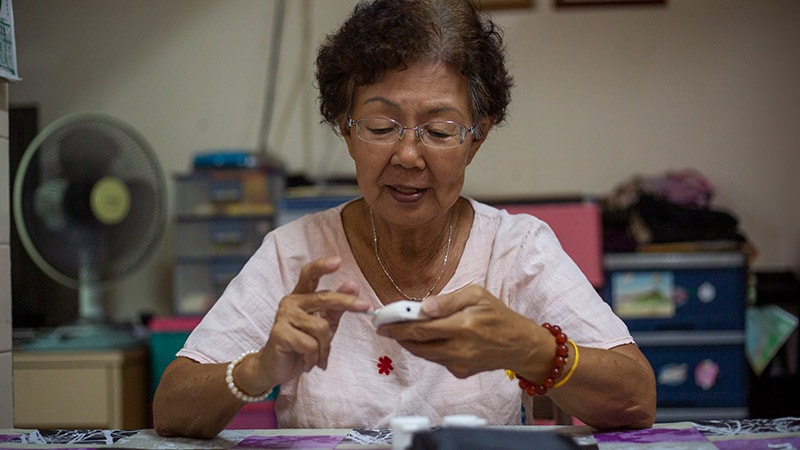NICE has published guidelines to maximise the safety of adults with chronic kidney disease (CKD) during the COVID-19 pandemic. Here, we provide a summary of the key recommendations.
General recommendations
- Communicate patients/families/carers, and support their mental well-being.
- Provide advice on shielding and protecting.
- Minimise face-to-face contact.
- If a face-to-face appointment is needed, screen patient by phone on the day of the appointment and again on arrival (including temperature check).
- Patients should attend appointments with no more than one other person.
- Minimise time in the waiting area, e.g., text patients when you are ready to see them so that they can wait in the car.
- Instruct patients due for a nephrology appointment to continue taking their medication unless advised otherwise by their health care professional.
- Follow UK guidance on infection prevention and control for COVID-19.
- If COVID‑19 is later diagnosed in a patient not isolated from admission or presentation, follow guidance on the management of exposed health care workers and patients in health care settings.
- If a patient not previously known or suspected to have COVID‑19 shows symptoms at presentation, follow UK guidance on investigation and initial clinical management of possible cases.
- Consider modifications to usual care to reduce patient exposure to COVID‑19.
- Discuss the risks and benefits of changing or interrupting treatment schedules.
- Advise patients to continue taking their medicines (including angiotensin-converting enzyme (ACE) inhibitors, angiotensin receptor blockers (ARBs), immunosuppressants and diuretics) as normal, unless advised to stop by their health care professional. This includes patients who have symptoms of COVID‑19.
- There is no high-quality evidence that ACE inhibitors or ARBs worsen COVID‑19.
- For patients with CKD and suspected or confirmed COVID‑19, review medicines for any potential to adversely affect renal function.
- Reassess renal function in patients with CKD who have recovered from COVID‑19.
- For patients who are stable on treatment, assess whether it is safe to reduce the frequency of blood and urine tests.
- Encourage self-monitoring and self-management.
- To minimise risk from COVID‑19, delay non-urgent referral.
- Continue to refer patients for urgent outpatient appointments if there is a clinical need, for example:
- Accelerated progression of CKD, defined as:
- a sustained decrease in glomerular filtration rate (GFR) of 25 per cent or more and a change in GFR category within 12 months or
- a sustained decrease in GFR of 15 mL/min/1.73 m2 per year.
- Nephrotic syndrome or very severe proteinuria (urinary albumin to creatinine ratio more than 300 mg/mmol).
- A new diagnosis of GFR category G5 (GFR less than 15 mL/min/1.73 m2).
- Contact the renal team if there is uncertainty about urgency.
- To minimise the risk, delay referral if the result is unlikely to change management immediately, for example, if the patient has:
- a family history of polycystic kidney disease and needs renal ultrasound to exclude this disease;
- a GFR less than 30 mL/min/1.73 m2 (GFR category G4 or G5) that has been stable for ≥6 months; and
- been identified by a nephrologist as having a possible need for a non‑urgent renal biopsy.
- Refer if the result might immediately change management, for example, if the patient has:
- accelerated progression of CKD,
- visible or persistent invisible haematuria,
- symptoms of urinary tract obstruction, and
- been identified by a nephrologist as needing an urgent renal biopsy.
- Continue to plan and carry out procedures to create vascular and peritoneal access for patients who will be starting dialysis.
- Consider whether it is safe to delay starting dialysis.
- Continue to refer patients for transplantation, if suitable.
- Ensure patients with advanced CKD have the opportunity to participate in advance care planning.
References
References

